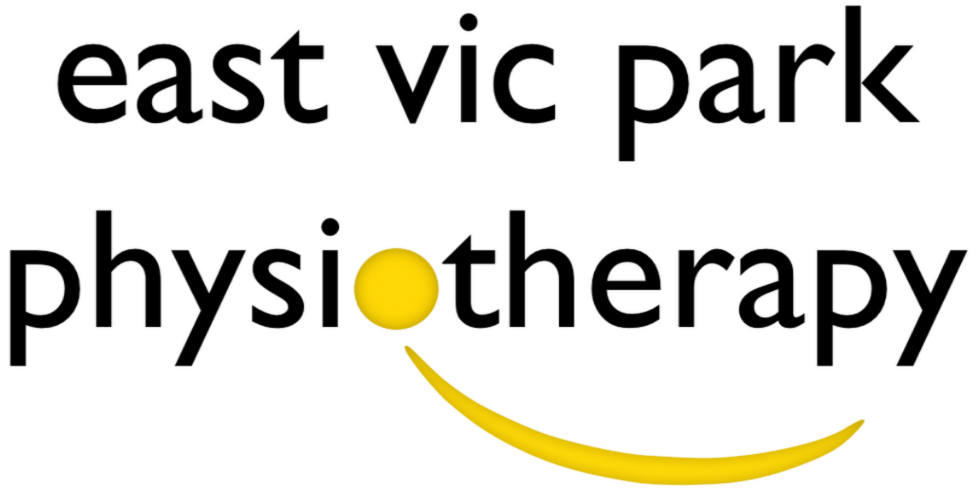
RECOVERY TIPS: WHAT DOES THE EVIDENCE SAY
In a world focused on optimal performance, adequate recovery is paramount in allowing consistent high intensity effort. Exercise in general uses various body energy systems in which the waste products (eg lactic acid) can hinder performance. The quicker the waste is processed and cleared out from the body, the quicker the body returns back to homeostasis.
In a world focused on optimal performance, adequate recovery is paramount in allowing consistent high intensity effort. Exercise in general uses various body energy systems in which the waste products (eg lactic acid) can hinder performance. The quicker the waste is processed and cleared out from the body, the quicker the body returns back to homeostasis.
The head of Discipline at the AIS, Shon L Halson, reviewed different recovery techniques in a published article that sought to determine the most effective methods.
Firstly, she identified the different factors affecting athletic performance which included:
- Environment (Temperature, altitude, humidity)
- Training/Competition (volume, intensity, duration)
- Health Status (Infection, illness, injury, muscle soreness)
- Psychological stress (Stress and anxiety)
- Lifestyle (Sleep, schedule, housing situation, leisure/social activities, relationships, job/school situation)
She then reviewed 6 methods that were thought to enhance recovery from the above factors and her findings are summarised in the table below:
She concluded that:
- Sleep conditions are very important
- Massage, 1-2 x per week can be helpful for elite athletes
- Contrast therapy should be 1 min hot, 1 min cold x 7 (cold temp 10-15 deg, hot 38-40 deg)
Here at East Vic Park Physiotherapy, we can provide advice on stretching, active recovery and hydro therapy programs as well as providing massage for recovery. Click on the BOOK NOW button on the top of the page or call us on 9361 3777.


